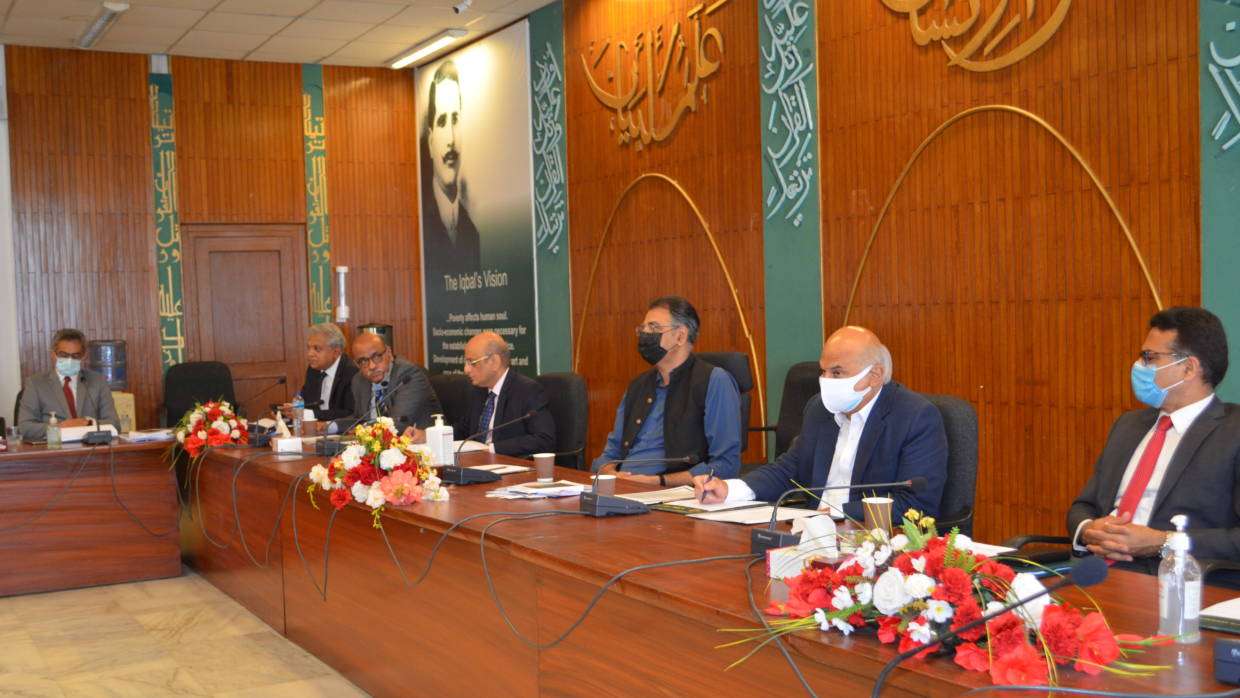New Year, New Agreement: The long-awaited Phase-II of the Pak-China Free Trade Agreement (FTA) has officially come into effect on January 1, 2020. The agreement is expected to enhance bilateral trade between the two countries. It primarily focuses on five major areas including market access, safeguards measures, electronic data exchange, protected tariff lines and balance of payment. Under the agreement, China will liberalize 3767 tariff lines over the next decade while Pakistan will liberalize 5237 tariff lines over the next 15 years. Out of the total tariff lines, China has immediately liberalized 1471 new tariff lines for Pakistan. These lines include the highest priority 313 tariff lines for Pakistan which cover over $8.7 billion worth of our global exports and over $64 billion worth of Chinese global imports. In contrast, Pakistan has immediately liberalized 685 new tariff lines for China.
The new FTA will benefit Pakistan’s economy by increasing market access of key export commodities such as textiles and garments, leather, seafood, footwear, chemicals, oilseeds, and some engineering goods. Pakistan imports a major chunk of its raw materials, intermediary products, and machineries from China. Liberalization of these tariff lines would imply cheap input prices and lower production cost for the domestic industries which would enhance the price competitiveness of Pakistan’s exports. Moreover, under this phase, Pakistan is allowed to impose safeguard measures if the surge in imports threatens to hurt its domestic industry. Underinvoicing and misreporting have been a major issue under Phase-I. The use of electronic data exchange under Phase-II will tackle under-invoicing and misreporting which will assist in curbing the black market and will increase FBR’s revenue. Further, the country is allowed to raise tariffs in order to reduce imports amidst a balance of payment crisis. In any event, the agreement is staggered over the next 15 years. For several products, duties will be eliminated from 2022 to 2029 while for some others, duties will be gradually reduced from 2023 onwards and the process will be completed in 2035.
On the flip side, the export gains from FTA remain limited due to Pakistan’s narrow basket and lack of value-addition. As Pakistan will be lowering its tariffs for China on 5237 items over time, there is a possibility of an increased import bill given the nature of those items (high valued products). If Pakistan does not quickly establish export processing zones for the manufacturing of value-added products and diversify its export basket, the expected gains of $4-5 billion over the next five years may not materialize. Akin to prior agreement, this FTA does not cater to non-tariff barriers that also restrict Pakistan’s exports to the Chinese market. It is important that Pakistan examines the impact of reduced tariffs on each product and correspondingly rationalizes its import tariff to avoid trade diversion as happened earlier. Despite all the concessions in the FTA, until the government reduces the cost of doing business and improves the regulatory environment, exports may not increase as envisioned.
The writer is associated with PRIME Institute, an independent think tank based in Islamabad. For media inquiries, please contact beenish@primeinstitute.org.







